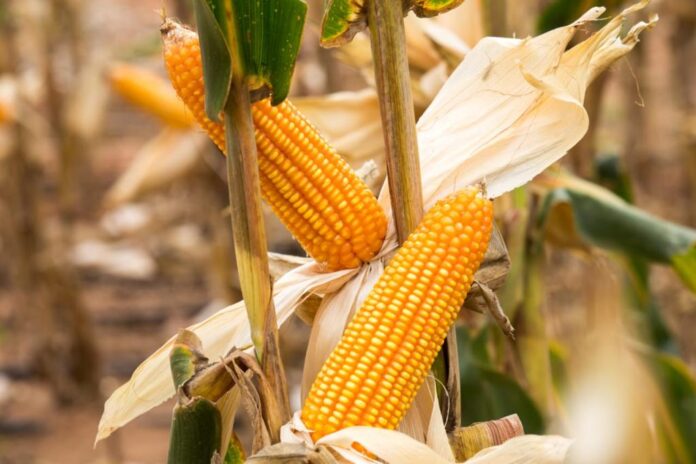Our food system’s hidden heroes are seeds. They are little, yet they have enormous power and promise. They are the foundation upon which our entire food supply is built.
Seeds serve a critical role in guaranteeing food security, fostering biodiversity, and preserving the lives of millions of farmers in Ghana, a country known for its agricultural traditions.
Seeds are more than simply tiny capsules that sprout into plants; they are living containers. They contain the genetic information that determines crop traits, attributes, and yields. Farmers’ seed selection has a substantial impact on the production, hardiness, and nutritional value of the food we consume.
In Ghana, where agriculture is the backbone of the economy, choosing and using the right seeds is critical. Access to high-quality seeds that are suited to local conditions and resistant to climate change is critical. These seeds are resistant to variable weather patterns, pests, and diseases, allowing farmers to produce constant and reliable harvests.
Furthermore, seeds have the potential to increase the diversity of our food chain. Ghana has a diverse range of traditional and indigenous crops that have fed its people for years. These crops, which are frequently cultivated from traditional seeds, have high nutritional content have been improved over time and are well-suited to local climates and soils. We can protect our cultural history, preserve traditional knowledge, and strengthen the resilience of our food system by encouraging the planting of the various improved seed varieties.
To fully realize the potential of seeds, it is critical to invest in research and development. Collaborations among scientists, farmers, and seed breeders can result in the production of superior seed types with high yields, nutritional value, and durability. These activities can help to improve crops, promote sustainable agriculture, and solve farmers’ evolving challenges.
Equally crucial are capacity-building projects that teach farmers on the significance of quality seeds and equip them with the knowledge and skills needed to effectively handle, store, and conserve seeds. Farmers must understand the value of utilizing certified seeds that have passed thorough quality testing to ensure their dependability. Farmers can enhance yields, reduce crop losses, and increase income by implementing such measures.
Furthermore, it is necessary to build strong seed systems and infrastructure. Ghana should prioritize the establishment of seed processing and storage facilities, as well as quality control and certification processes. These programs will provide farmers with genuine, high-quality seeds that are free of contamination or adulteration. Furthermore, efforts should be made to develop seed delivery networks, particularly in rural regions, to ensure farmers have easy access to the seeds they require.
Women, who make up a sizable component of Ghana’s agricultural workforce, should be prioritized in seed-related projects. Providing information, resources, and access to excellent seeds to women farmers can lead to increased agricultural output, income generation, and gender equality.
Farmers’ organizations, community seed banks, and seed cooperatives all play important roles in seed conservation and exchange. These efforts promote group action, knowledge sharing, and the conservation of local seed diversity. Ghana can foster seed sovereignty and enable farmers to become active participants in creating the future of the country’s food system by supporting and strengthening these community-based seed systems.
Seeds are the cornerstone of our food system, not merely a means to an end. Ghana can construct a resilient and sustainable food system that assures food security, protects biodiversity, and supports the well-being of its people by recognizing their importance, promoting seed diversity, investing in research and development, and improving seed systems.
Let us celebrate the modest seed and recognize its critical role in feeding our nation. Let us sow the seeds of a brighter, more sustainable future for Ghana’s food system together.








